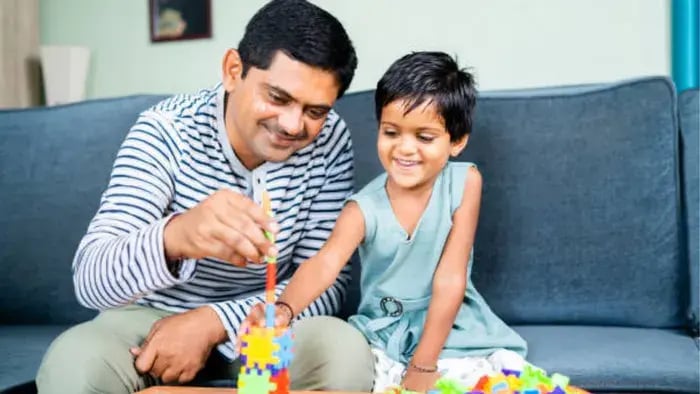- Plan Unstructured Playtime
- Introduce a Gentle Daily Routine
- Let Them Explore Something New
- Encourage Connection with Nature
- Keep Reading a Daily Habit
- Involve Them in Everyday Life
- Leave Space for Doing Nothing
Introduction

Summer means different things to different kids; for some, it’s the joy of putting down the school bag. For others, it’s the freedom to pursue hobbies, play outside or just slow down. Whatever the age or interest, this break between terms is a valuable opportunity, not just for rest but for growth.
Finding the balance is key, too much free time and the days can feel dull or wasted. Too much structure, and it can feel like school never ended. That’s why a little of everything, fun, downtime, curiosity, creativity and movement, can make the summer both joyful and enriching.
Even if your child loves to read under a tree, help in the kitchen, learn a musical instrument or try out a science experiment, small daily activities can keep their mind engaged while still giving them space to relax. The goal is to provide them with a summer that feels both free and meaningful.
7 Thoughtful Ways to Spend Summer Vacation: Balancing Rest, Play, and Growth

Summer vacation offers your child something rare in their school-year routine: choice. That’s why it's the perfect time to slow down and let them explore what they truly enjoy. But when days stretch without rhythm, it’s easy to swing between boredom and burnout. The key is balance. These seven thoughtful ways can help you design a summer that's full of energy, curiosity, calm, and plenty of fun.
Plan Unstructured Playtime
Kids often get the most creative when they aren’t told what to do. Let them build forts, act out stories, or make up games. It may look simple, but it helps with imagination, social thinking, and problem-solving.
Introduce a Gentle Daily Routine
While freedom is essential during vacation, a basic rhythm, like waking up at a fixed time, helping around the house, or reading before bedtime, creates security. It gives kids a sense of purpose without making the day feel rigid.
Let Them Explore Something New
Summer is a great time to dip into new hobbies: gardening, sketching, baking, photography, or a new sport. When learning is self-driven and relaxed, it can spark lifelong interests.
Encourage Connection with Nature
Even a short walk in a park or watching ants in the garden can turn into a mini science lesson. Let your child notice how flowers bloom, clouds form, or birds nest. Nature teaches at its own pace, gently but deeply.
Keep Reading a Daily Habit
Let your child pick their books, comics, folk tales, mysteries, or biographies. Reading builds vocabulary and focus, but it also gives them a quiet space for imagination and reflection.
Involve Them in Everyday Life
Ask your child to help you with small tasks, making grocery lists, packing for a trip, or choosing recipes. These small things build confidence, responsibility, and life skills that they won’t learn from worksheets.
Leave Space for Doing Nothing
Every child needs moments to pause, lying on the floor staring at the fan, doodling aimlessly, or simply daydreaming. Rest is not wasted time; it helps reset emotions and spark fresh thoughts.
Conclusion

You don’t need to plan every hour of your child’s summer. You just need to make room for balance. With some time to rest, some space to play freely, and a few chances to grow, your child can return to school with a stronger sense of who they are becoming. Give them a summer that values joy, curiosity, and the little lessons that stay long after the holiday ends.
Her love for storytelling began with reading her grandfather’s speeches, where Tarishi saw the power of words in creating lasting memories. Combining her passions for food and writing, she has turned her life into a fulfilling path of sharing stories that celebrate flavours and how food brings communities together.
The views expressed are that of the expert alone.
The information provided in this content is for informational purposes only and should not be considered a substitute for professional medical advice, diagnosis, or treatment. Always seek the advice of your physician or another qualified healthcare provider before making any significant changes to your diet, exercise, or medication routines.
















